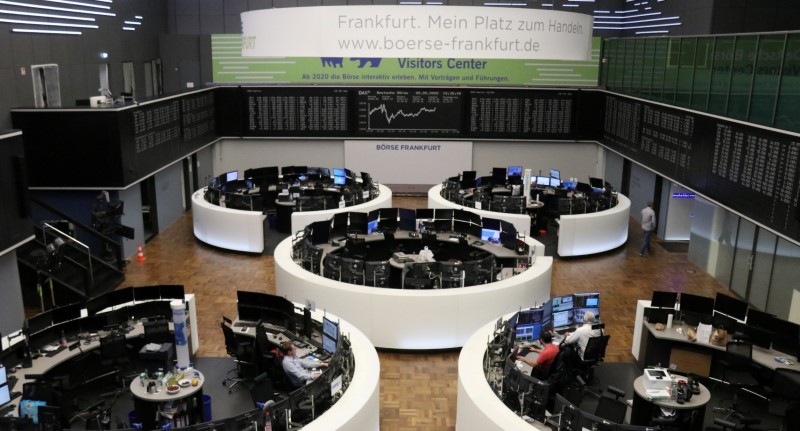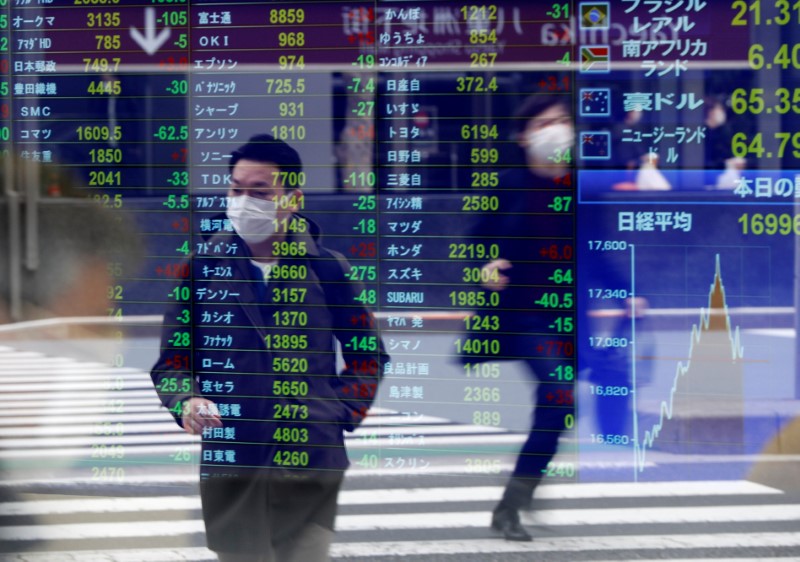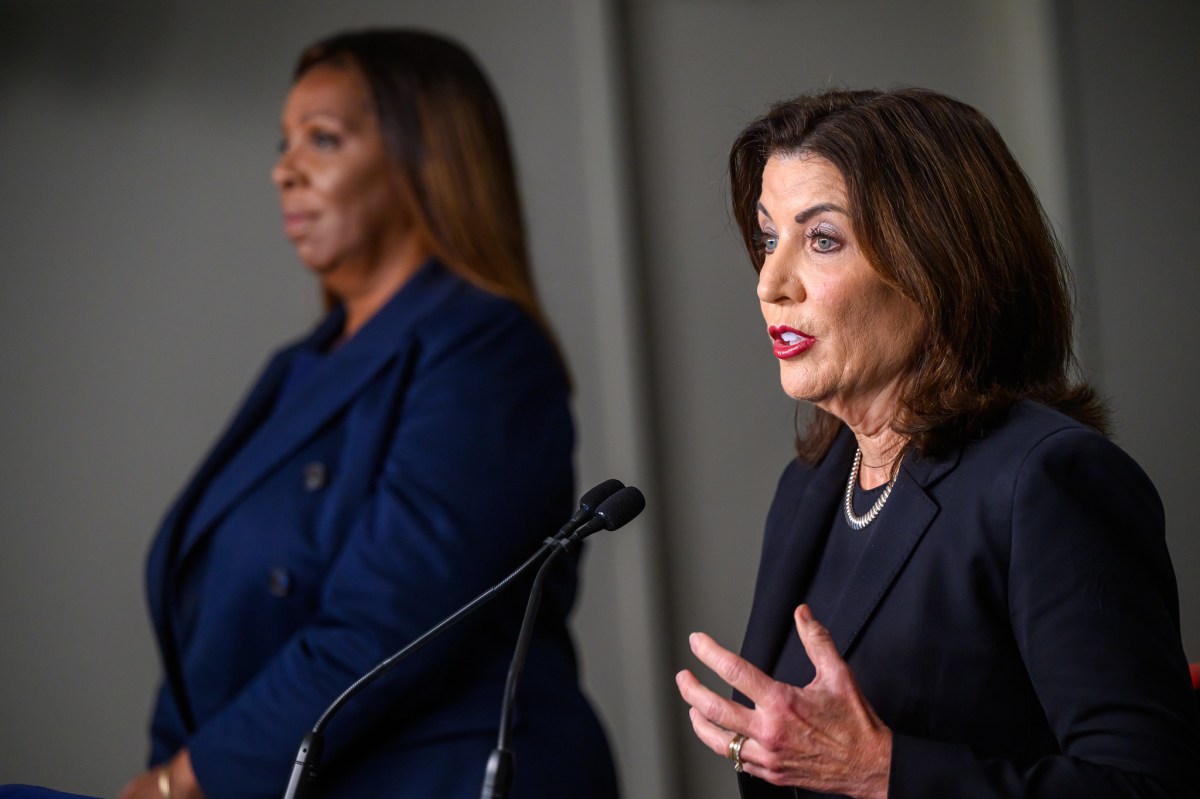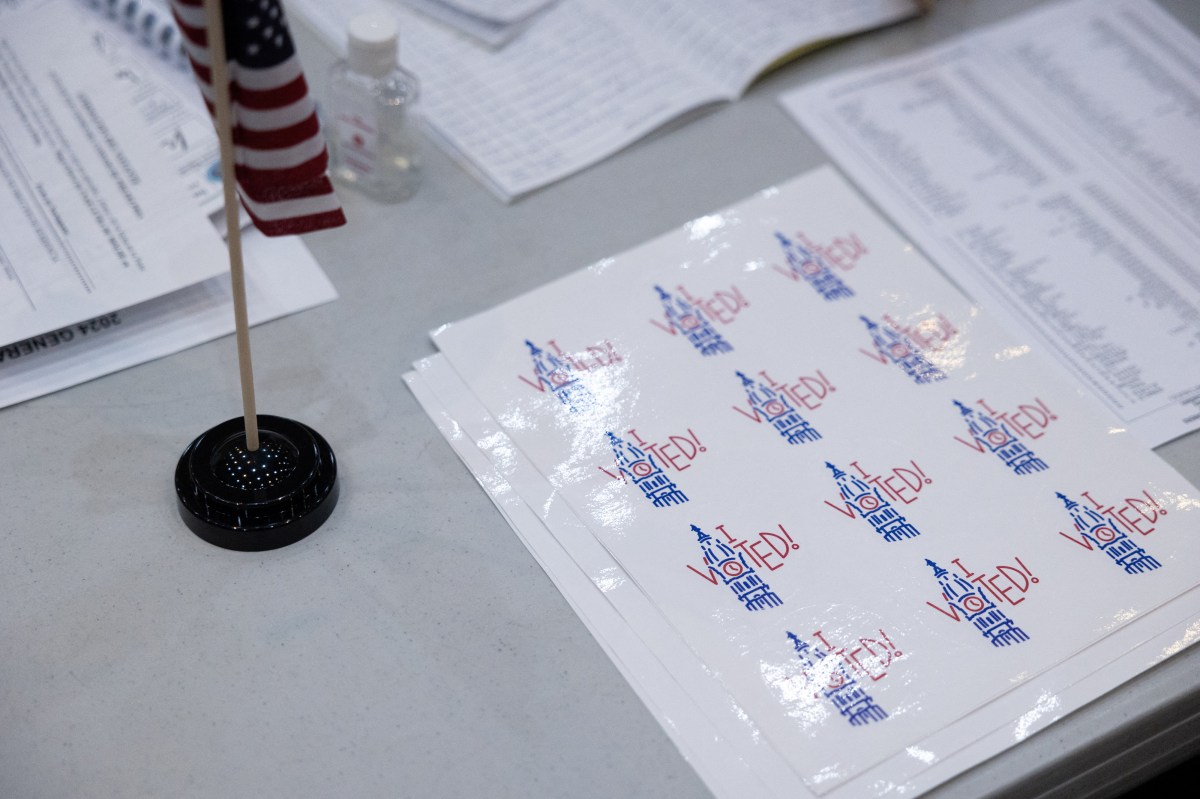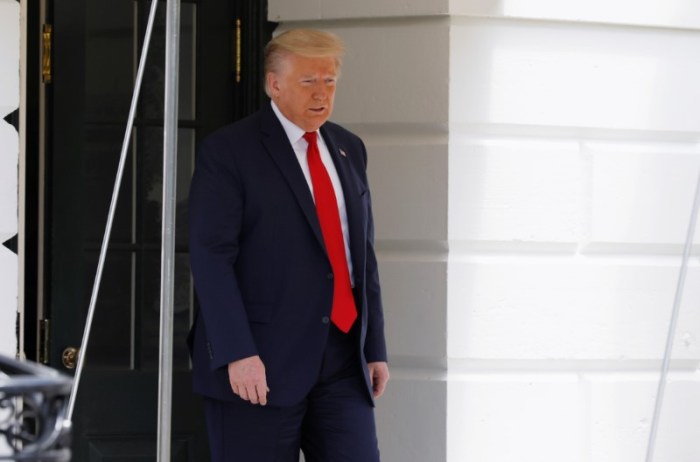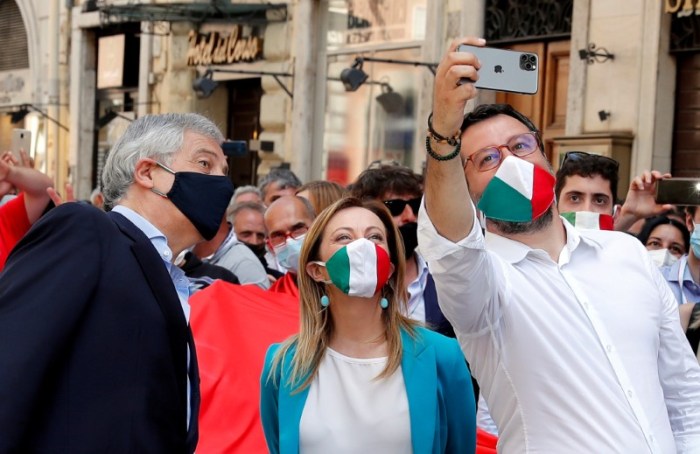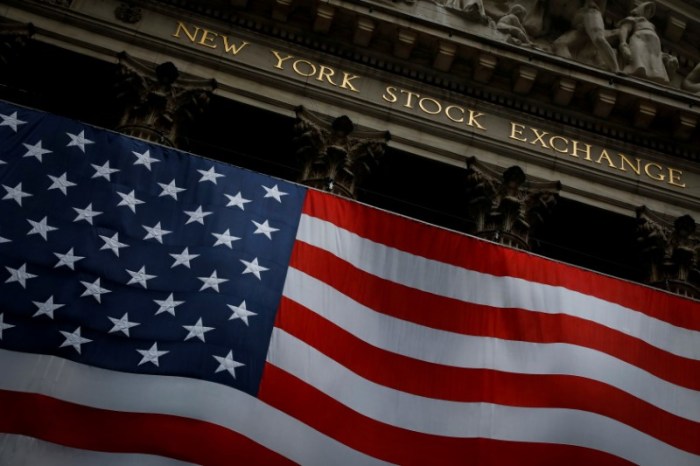NEW YORK (Reuters) – World stock markets hit their highest levels since March and oil prices jumped on Tuesday as signs of a global economic recovery from the coronavirus pandemic offset concerns over the worst civil unrest in the United States in decades.
Despite those gains, investors were hesitant to move away from the perceived safety of U.S. government bonds, which edged lower but remained near record highs.
“In a way, it is remarkable that the market remains in this positive mood,” said Elwin de Groot, head of macro strategy at Rabobank. “Even with these rising protests in the U.S. and the situation in Hong Kong at the moment, the market is pushing on and seeing room for optimism.”
MSCI’s gauge of stocks across the globe gained 1.10% following broad advances in Europe and Asia. The index remains down about 8.5% for the year to date.
On Wall Street, the Dow Jones Industrial Average rose 267.63 points, or 1.05%, to 25,742.65; the S&P 500 gained 25.09 points, or 0.82%, to 3,080.82; and the Nasdaq Composite added 56.33 points, or 0.59%, to 9,608.38.
The tech-heavy Nasdaq is now less than 3% from its pre-pandemic record highs. [.N]
Purchasing Managers Index data for May pointed to a fragile but encouraging recovery in global manufacturing, raising hopes that the worst is over, while reports that Germany was considering a stimulus plan to boost car sales lifted European stocks.
Japan’s Nikkei rose 1.2% to its highest since late February and markets in Seoul, Taipei, Hong Kong and China [.SS] also gained as the Chinese central bank provided another shot of stimulus.
Bond investors remained more cautious that the global economy had fully turned a corner. Benchmark 10-year U.S. Treasury notes last fell 6/32 in price to yield 0.6819%, from 0.662% late on late on Monday.
“This optimistic read for risk can only persist if measures like orders and employment continue to improve month to month,” said Alan Ruskin, chief international strategist at Deutsche Bank. “Early setbacks would be a very poor sign, but are not expected in the period immediately following the end of lockdowns.”
The dollar touched multi-month lows against most major currencies following a 5% drop for its main index since March. [FRX/]
“The protests are part of the reason for the sell-off in the dollar over the last four or five days,” CMC Markets senior analyst Michael Hewson said.
Some U.S. demonstrators, angered over the recent death of an African-American man, George Floyd, in police custody, set fire to a mall in Los Angeles overnight and looted stores in New York. At least five U.S. police officers were hit by gunfire in separate incidents.
Hopes for rising demand from an economic rebound boosted oil prices. U.S. crude recently rose 4.01% to $36.86 per barrel and Brent was at $39.64, up 3.44% on the day.
(Reporting by David Randall; Editing by Bernadette Baum, Will Dunham and Jonathan Oatis)

